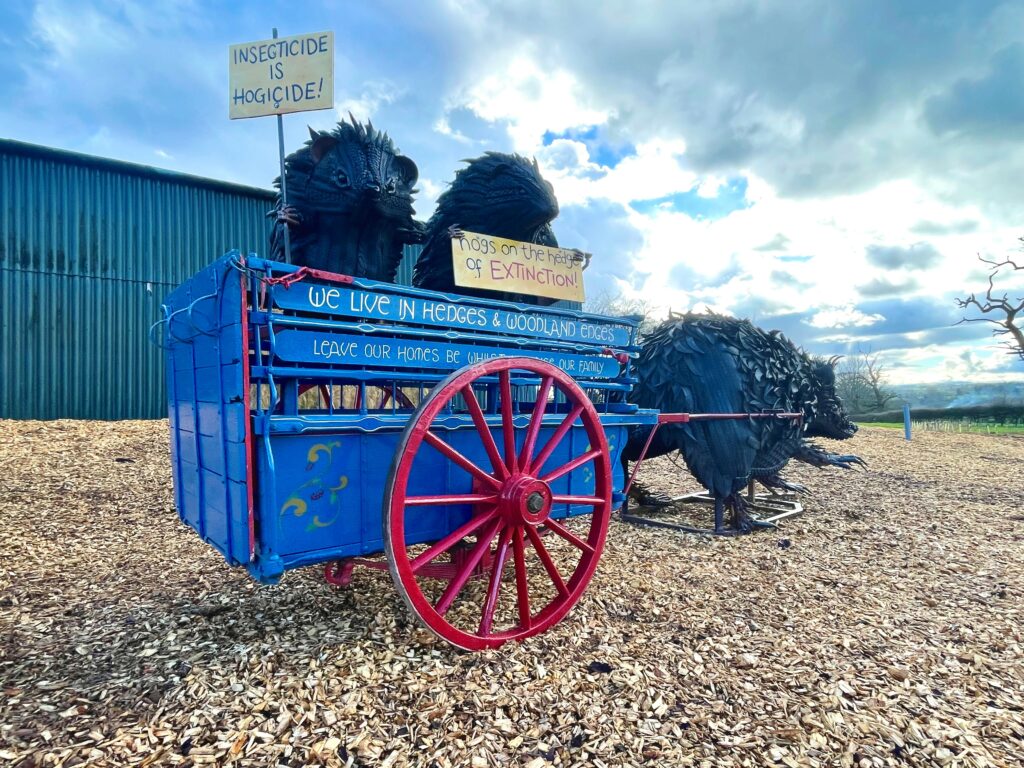January 2024
Neurodiversity and oubaitori, 2 words that presented themselves to me towards the end of 2023, 2 words which answer a lot of questions to many of my life’s struggles, thankfully something that seems to have been put well behind me since finding regenerative agriculture and realising this would cure my mental health issues.
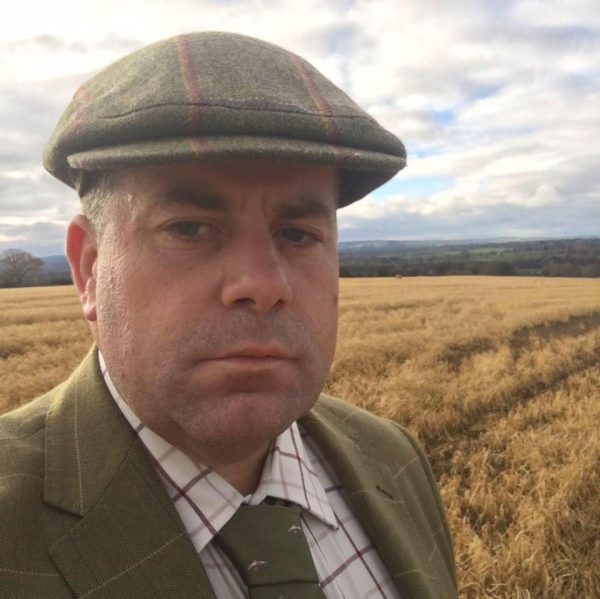
Typically, I had to find the answers to my problems before they found me, however I spend my farming life doing the same. Neurodiversity is now quite incredibly the name given to those suffering from anything on the autism spectrum, ADHD, Dyslexia and or Dyspraxia. As a farmer I have 3 times more chance of being neurodiverse than the rest of the population…. It took me over 30 years to realise this is a good thing and in farming a great thing.
Historically a farming family would have many children, with the academics of the family heading off to the city to work and those with less academic ability to remain home and use their more practical brain to farm. Natural selection then meant this was kept as a trait as farms were handing down through generation after generation.
Farming throughout history was a problem-solving industry, without the ability to reach for packets, cans, bottles, bags and syringes the ability to think laterally was a real asset, this kept these special minds occupied day and night. However, take away the need for the problem solving with the green revolution, a world of advisors and you still have a brain that is hugely active and needs feeding, often with all the things then beyond control and why mental health issues (in my view) is so high in agriculture.
Oubaitori is the Japanese idea that people, like flowers, bloom in their own time and in their individual ways. Education for myself was a struggle, certainly until A levels when my geography teacher Mrs Miles decided to change tac on my teaching and proceeded to bet I couldn’t do something, the result was an A in A level geography and then a BSc in Geography at Liverpool University. However, what I discovered was education for myself only became interesting and exciting when I was learning about something I felt stimulated by.
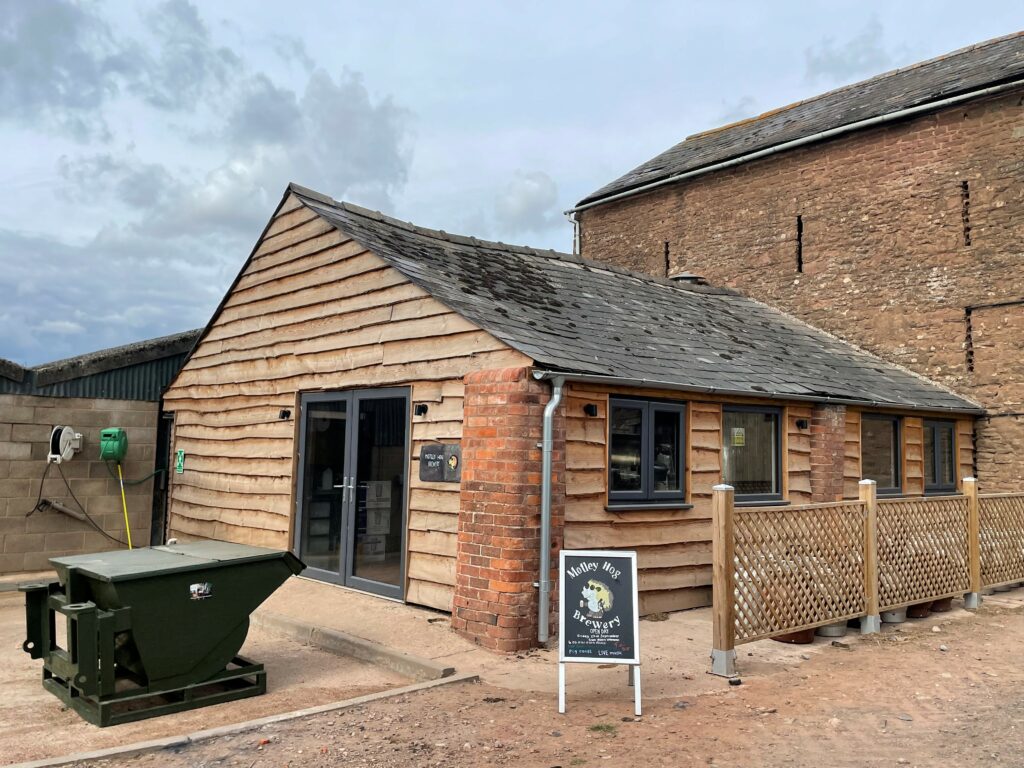
I think many farmers I speak to have very similar sentiments when it comes to both Neurodiversity and oubaitori, what a great asset to implement a sustainable future for my own farm?! Put my mind to work with something that interests me and with it drive profitability.
Lunchmoney Lewis even sang about them “Bills” something we as farmers need to focus on far more than we do, it’s easy and even lazy just to pile into the agchem industry, yet rarely do I see a pile on into the veterinary industry, insurance, banking, machinery industry and even auctioneer markets, all of which have based their industry extracting what they can from our profits, it’s a real issue and something we are concentrating on at Townsend Farm (Ross-on-Wye) where we farm 220Ha of deep river silt or the red sandstone loam over sandstone the area is most famous for. As I’ve mentioned in so many podcasts, farming is essentially taking 3 free things (Sunlight, precipitation and carbon dioxide, putting them through soil) and making profit, yet somehow, as an industry most farms are in debt…….
Agflation is frightening, my grandfather retired when he bought a Massey Ferguson 135 (which we still own) in 1965 for £885 purely on the basis that he couldn’t see a future fro farming if the cost of a tractor was to go north of £1000. Allowing for inflation the £885 would now equate to £14,283.76, with all the modern technological advances, how much really have we gained? Our Ford 7810 (95hp) during the 90’s ran a 4 furrow auto reset Kverneland plough, it would now seem driving around that between around 200hp seems the norm for a 5 furrow plough – what has gone wrong?
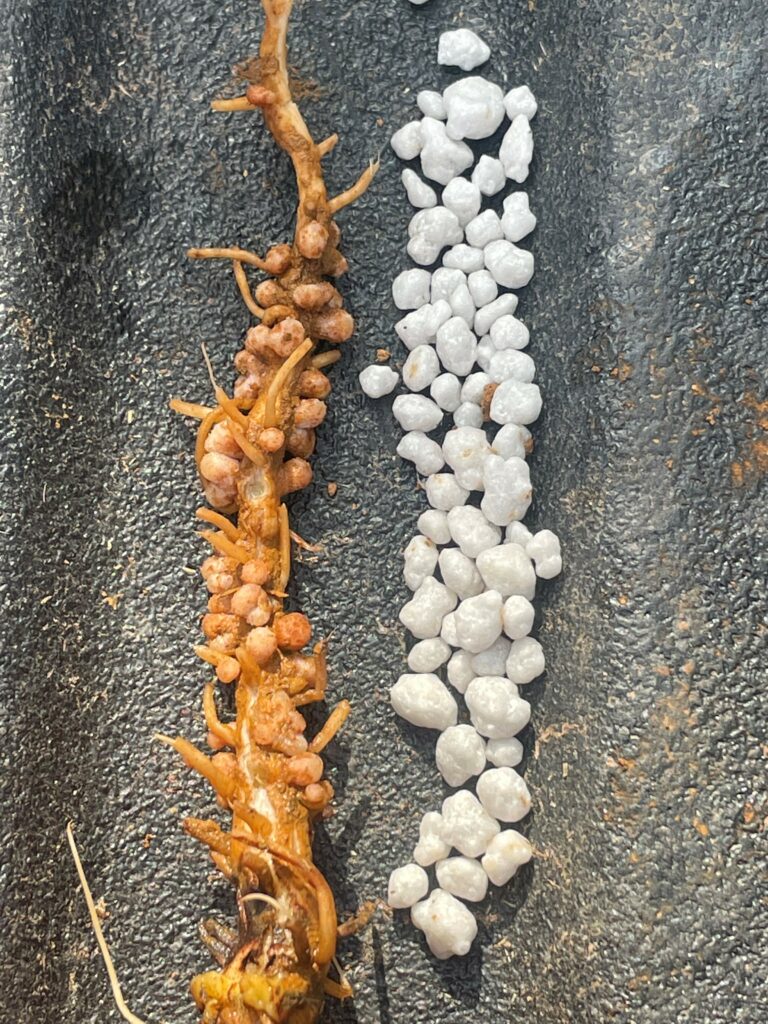
Dopamine is the simple answer, the feel-good drug our body releases as we prepare to and then complete the purchase of a new item “The reward drug” from retail therapy for farmers is often used in the absence of this drug being released if you manage to solve a problem on the farm without using the ‘industry standard’ the latter of course being far cheaper! I am not saying the drive for new technology shouldn’t be sort after, what I am saying is the machinery manufacturers use this dopamine drug to lure you into the showroom and you leave feeling great after parting with a small fortune…
“Intensifying diversity simply” is the 3-word motto of the farm, with the disappearance of BPS and the obvious need to demonstrate to the general public that any money they are being taxed for to give to farmers should be earned for the benefit of everyone as public goods. There seems to be real reluctance to embrace SFI for everything it is along with other schemes aimed at providing support to farms that now offer a financial incentive to protect their main asset (soil) because without this support many are happy to see it literally flow out of the gateway…. Soil is simply like a bank account, if there is less going in than going out you are in debt, when you pass how much debt are you leaving your kin? How many farmers reading this can honestly say they have more soil today than when they began farming? I’ll be brutally honest – definitely not me!
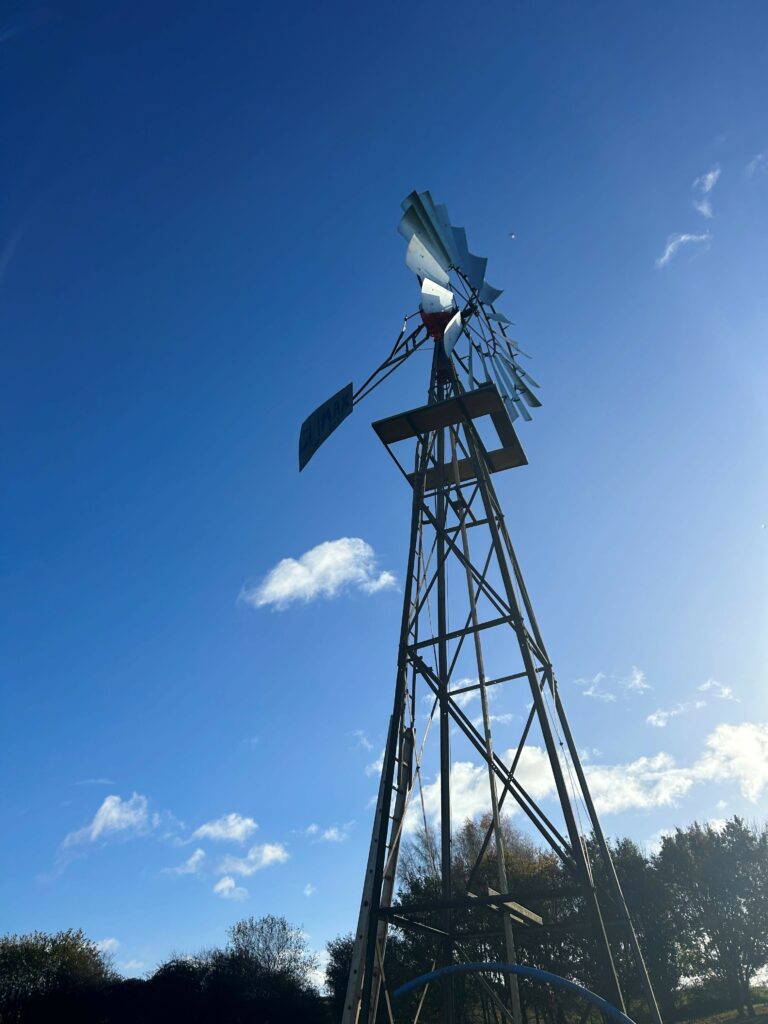
Fighting the bills has become our major focus on the farm, our latest project has been the resurrection of our wind powered water pump which fell into disrepair in the 1960’s and sat there as a relic for so many years, often meaning to push the tower down and send it off for scrap, we now have part A of our energy sustainability project up and running. A FIPL (Farming in protected landscape) grant helped us out a bit towards the cost of having the mill restored and to see the dopamine oozing out of me as the wind turned it as it started pumping water for the first time in 60 years is an understatement, but like anything on the farm this is the just the beginning. The water will be pumped to large storage tanks up at the farm, where of course it will provide water to ourselves and the livestock, but will also feed the solar powered electrolysis unit to split the water into hydrogen and oxygen. The hydrogen to power farm vehicles and the farmhouse heating system and the oxygen used in the compost extraction system. Can we be one of the UK’s first fossil free farms?
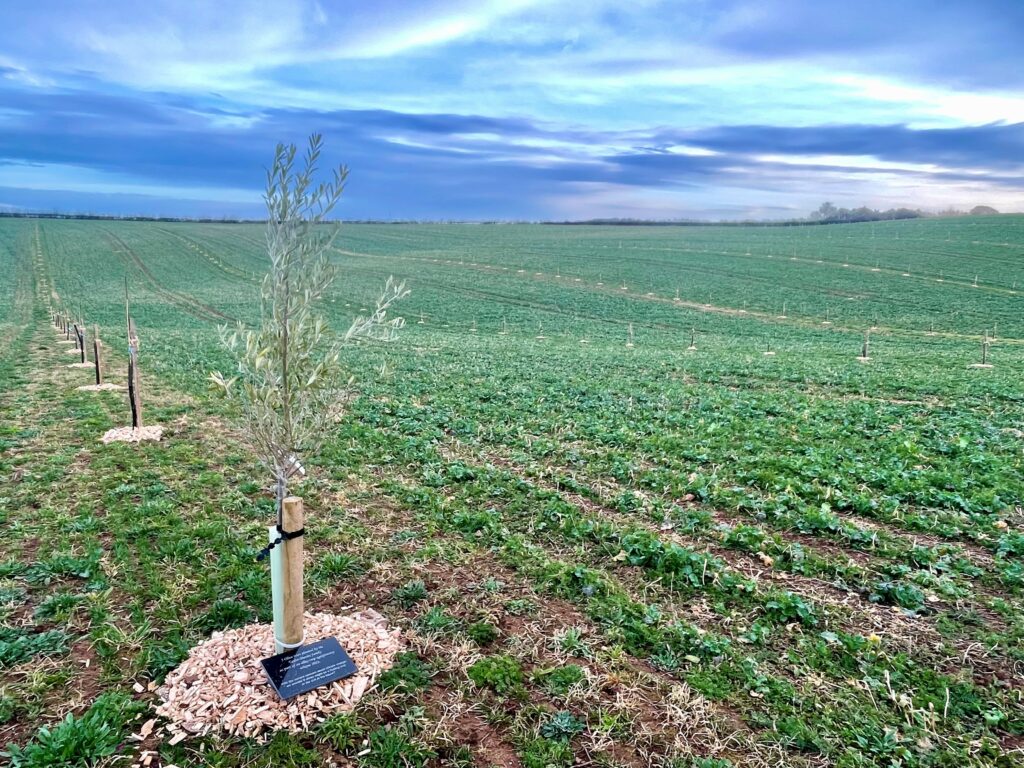
The Brewery on the farm is another example of our circular economy way of thinking, produce malting barley, have it malted, sell it to the brewery, use it for 4 hours and then feed the brewers grains to the few Wagyu cattle we now have, combined with their ability to swallow up the waste beer and the introduction of a rotating cattle brush as a massager – will we be producing A5 meat within a few years? Time will tell!


